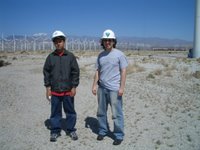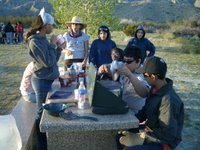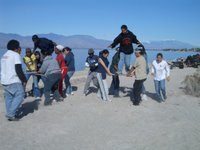Opening of the American Mind
0 comments The Closing of the American Mind by Allan Bloom has been so far the best (published 1987). The subtitle says the book is about "how higher education has failed democracy and impoverished the souls of today's students." Though sometimes long-winded, I found the book to be full of great insights and as I embark upon being a professor, it made me think about how I can feed the souls of my students.
The Closing of the American Mind by Allan Bloom has been so far the best (published 1987). The subtitle says the book is about "how higher education has failed democracy and impoverished the souls of today's students." Though sometimes long-winded, I found the book to be full of great insights and as I embark upon being a professor, it made me think about how I can feed the souls of my students.
Bloom criticizes the 'openness' of cultural relativism, in which "the point is not to correct the mistakes and really be right; rather it is not to think you are right at all." He believes the purpose of education is not career training but to learn how to live a good life. It's important for an individual to search for truth, not just a diversity of opinions, in order to have any hope of living a good life. He believes it is the unique obligation of the university to point students in this direction. Furthermore, he points out that democracy--by valuing the opinion of each citizen equally--is not an environment in which genius excels. Therefore, the university needs to lead the way in the lost art of living the good life.
American Mind is a bit heady and one needs a break from it now and then. So I was also reading An Empire Wilderness by Robert Kaplan, a travel book written in the late 1990s looking at the future of the United States. The main take home message is the rise of the city-state over the nation-state. America's federal system may give way to more local control, particularly in the western U.S. where most federally owned land resides and some resent the 'imperial' control of a distant Washington DC.






